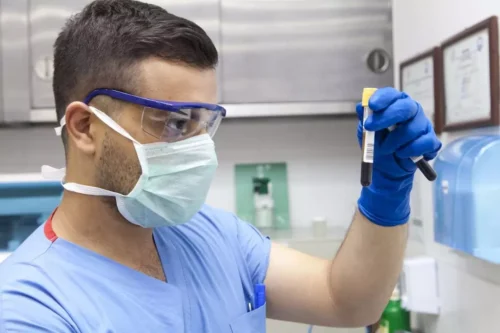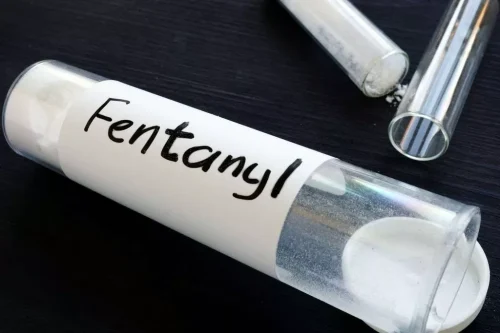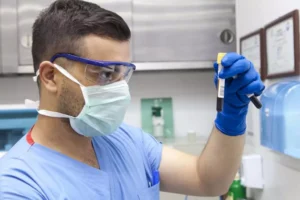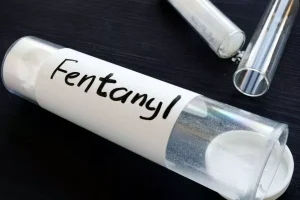While people with this condition may start drinking again, studies show that with treatment, most people are able to reduce how much they drink or stop drinking entirely. Quitting drinking on its own often leads to clinical improvement of co-occurring mental health disorders, but treatment for psychiatric symptoms alone generally is not enough to reduce alcohol consumption or AUD symptoms. Among people with co-occurring AUD and psychiatric disorders, AUD remains undertreated, leading to poorer control of psychiatric symptoms and worse outcomes. As mentioned in this article, you can support recovery by offering patients AUD medication in primary care, referring to healthcare professional specialists as needed, and promoting mutual support groups. Brief tools are available to help non-specialists assess for AUD and screen for common co-occurring mental health conditions. You can determine whether your patient has AUD and its level of severity using a quick alcohol symptom checklist as described in the Core article on screening and assessment.
How can I prevent alcohol use disorder?
Also, a healthy diet can help undo damage alcohol may have done to the person’s health, like weight gain or loss. Regardless of how the addiction looks, someone typically has an alcohol addiction if they heavily rely on drinking and can’t stay sober for an extended period of time. Drinking heavily over long periods of time may lead to changes in how the brain functions, from memory slips to more debilitating conditions. The impact depends on when a person started drinking, how long they’ve been drinking, and how often and how much they drink. In many organs, the effects of alcohol increase over time, and the damage becomes apparent only after years of abuse. Alcohol use disorder is diagnosed on the basis of criteria defined in the fifth edition of the Diagnostic and Statistical Manual of Mental Disorders (DSM-5).
- Unhealthy alcohol use includes any alcohol use that puts your health or safety at risk or causes other alcohol-related problems.
- You can work with a health professional to try new treatments that may work better for you.
- Take our free, 5-minute “Has My Alcohol Use Become a Problem?
- You may need to seek treatment at an inpatient facility if your addiction to alcohol is severe.
- When alcohol use begins to interfere with your daily life, it is time to seek treatment and find recovery from addiction.
Alcoholics anonymous and other support groups
People should note that some support groups can be stigmatizing for certain individuals, and can adversely impact a treatment plan or progress towards recovery. A recent literature review suggests that frequent aerobic exercise may complement behavioral therapy used for AUD, leading to reductions in alcohol intake. More study is needed in this area, and all the natural remedies above. Excessive alcohol intake can disrupt how to recognize signs and symptoms of alcoholism and alcohol abuse the balance of microbes in the gut. Administration of probiotics may improve intestinal function and help prevent liver disease.
How do I take care of myself?
It can be life-threatening, causing serious medical issues like seizures and hallucinations that require immediate medical care. People with AUD and co-occurring psychiatric disorders bring unique clinical challenges tied to the severity of each disorder, the recency and severity of alcohol use, and the patient’s pressing psychosocial stressors. An overall emphasis on the AUD component may come first, or an emphasis on the co-occurring https://ecosoberhouse.com/ psychiatric disorder may take precedence, or both conditions can be treated simultaneously.
AA is a 12-step program that provides peer support and applies 12 spirituality-based principles. The NIAA offers a list of a number of these support groups, including secular options. You may need to seek treatment at an inpatient facility if your addiction to alcohol is severe.





Leave A Comment